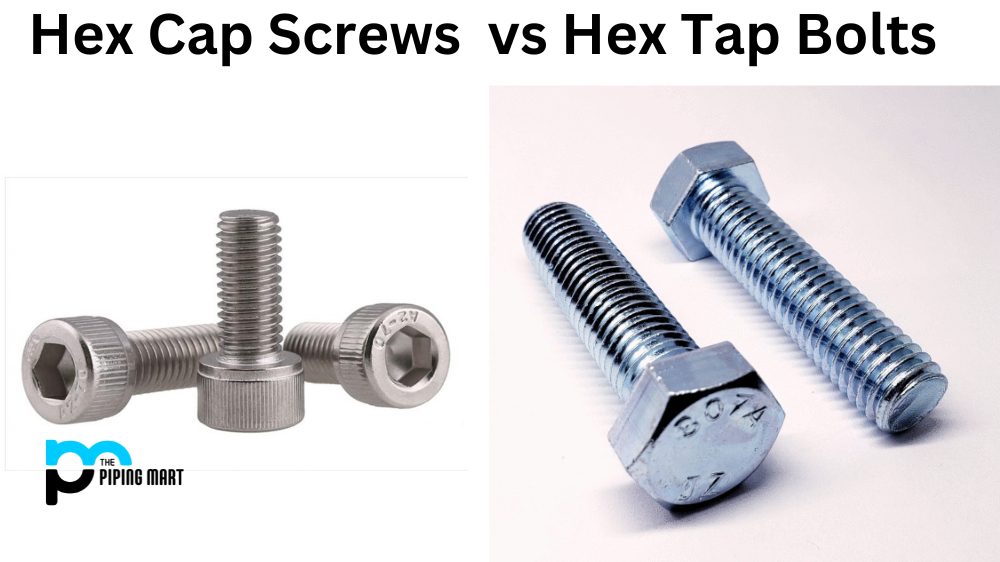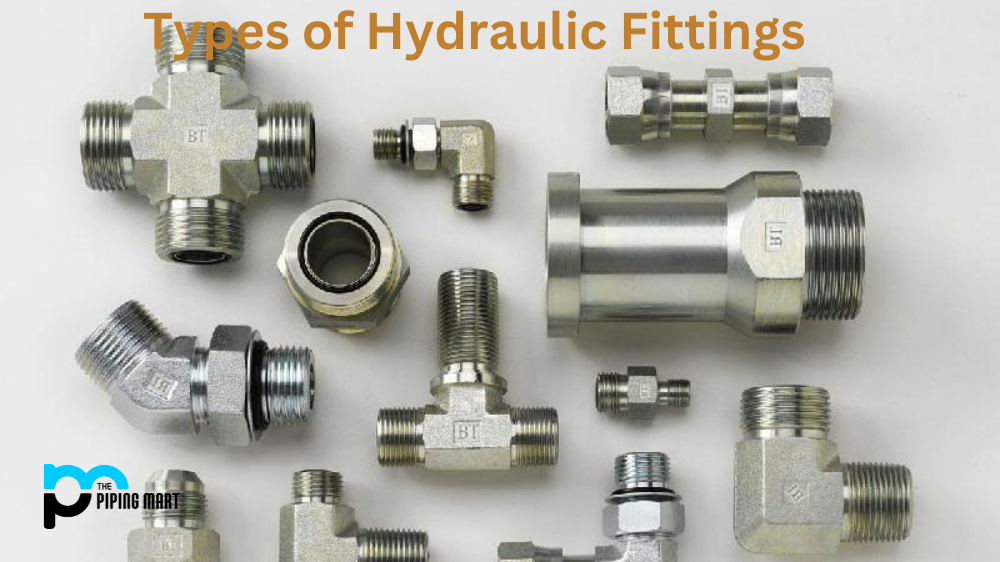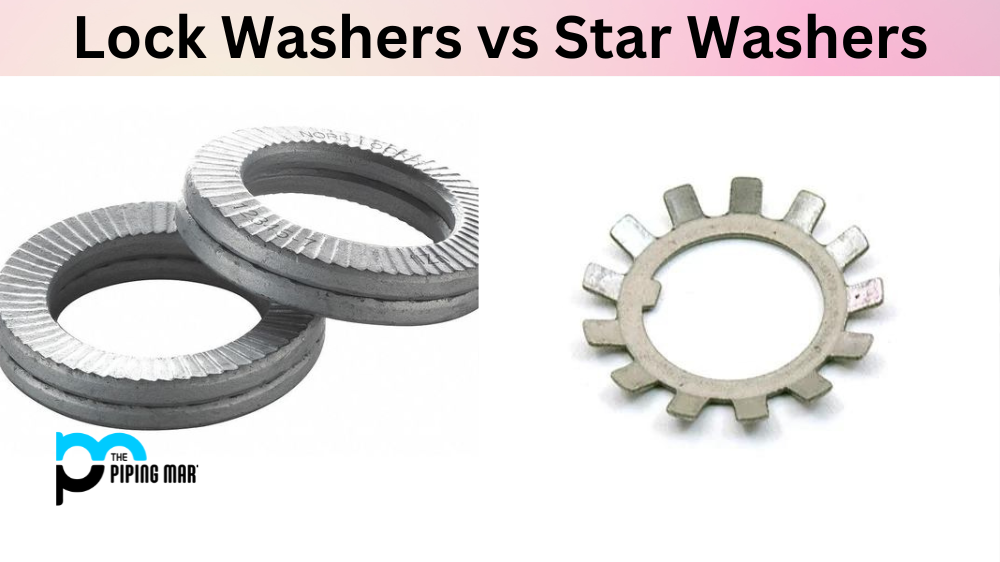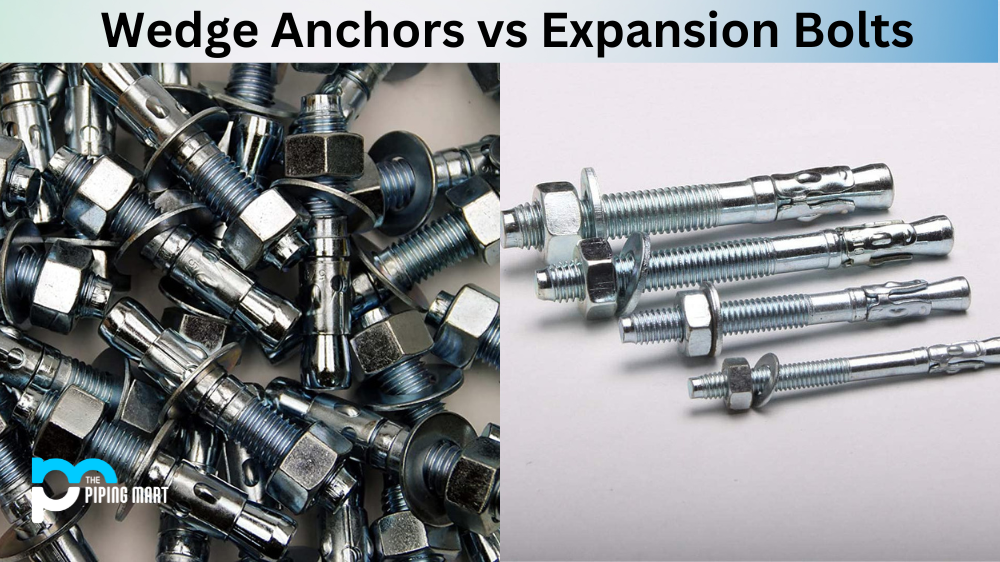Hex cap screws and hex tap bolts are two common types of bolts found in industrial applications. However, people often use these terms interchangeably, even though they have different functions and characteristics. As a result, it’s essential to understand the differences between these two types of bolts to choose the right one for your application. In this blog, we’ll discuss hex cap screws and hex tap bolts, their properties, and how they differ.
What are Hex Cap Screws?
Hex cap screws are bolts with a hexagonal head used in applications where the bolt head needs to be flush with the surface. These screws come in varying lengths, and the thread length is shorter than the overall length of the bolt. This design feature makes hex cap screws ideal for machine assemblies where precise tension sequencing is essential. Hex cap screws can be easily installed with a socket wrench or a box wrench.
Hex cap screws, also known as hexagon socket head bolts or Allen head screws, are fasteners designed with a hexagonal-shaped head and a cylindrical threaded shank. They are commonly used in mechanical and industrial applications requiring high strength and precision. The distinctive six-sided shape of the head allows for easy tightening with a wrench or socket, providing more torque than traditional flat-head screws.
What are Hex Tap Bolts?
Hex tap bolts, or fully threaded hexagon head bolts, are used in applications where the bolt passes through the material and has a nut attached to anchor it. These bolts are partially threaded and have extended threads that create a good anchor and help the bolt withstand the tensile load. Hex tap bolts are typically installed and removed with a socket wrench.
Hex tap bolts, also known as fully threaded hexagon head bolts, are a type of fastener commonly used in construction, machinery and automotive industries. These bolts have a hexagonal-shaped head and are fully threaded along the entire length to provide maximum grip and holding power. They are designed to be used with a nut or tapped hole for secure fastening.
How do Hex Cap Screws and Hex Tap Bolts Differ?
While both hex cap screws and hex tap bolts have a hexagonal head, their functionality and installation methods are quite different. Hex cap screws have a short length of threaded bolts, while hex tap bolts are entirely threaded. Hex tap bolts cannot be threaded up to the head because the shaft continues up to the base of the head. Hex cap screws can be fully threaded, but this may not be necessary for most applications.
Which Bolt is Suitable for Your Application?
Choosing the right bolt depends on the application’s specific requirements. If the bolt head needs to be flush with the surface and no nut is required, hex cap screws are ideal. However, a hex tap bolt would be more appropriate if the bolt needs to be anchored with a nut or requires grip strength—the length requirements and tensile strength that your application demands are also crucial factors to consider.
Choosing the Right Material
Both hex cap screws and hex tap bolts come in various materials, such as stainless steel, brass, and titanium. However, stainless steel is the best option if you’re looking for a bolt that can withstand harsh environmental conditions. Stainless steel has excellent corrosion resistance, high strength, and durability.
Conclusion:
In summary, hex cap screws and hex tap bolts are two of the most common types of bolts used in industrial applications. Both have a hexagonal head but differ in functionality and installation methods. Choosing the right bolt depends on the application’s specific requirements, such as a flush surface or a nut anchor. It’s also essential to choose the right material; stainless steel is the best option for harsh environmental conditions. By understanding these key differences between hex cap screws and hex tap bolts, you can choose the right bolt for your application with confidence.

Pipingmart is a B2B portal that specializes in metal, industrial and piping items. Additionally, we share the latest information and information about materials, products and various types of grades to assist businesses that are involved in this business.




